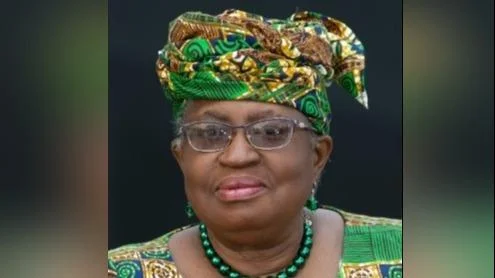DDG Ellard urged APEC leaders to help turn MC13 progress into concrete outcomes on May 16, 2024. She noted that WTO members adopted several important decisions at MC13, particularly in relation to development. Significant progress was also made in areas including fisheries subsidies, dispute settlement reform, and agriculture. Members have identified four immediate priorities for future work.
First, there is considerable momentum for concluding the second wave of fisheries subsidies negotiations, with many members targeting the July General Council meeting for completing the talks. She stressed the imperative for the Agreement on Fisheries Subsidies to enter into force as soon as possible and called on APEC members who have not yet deposited their instruments of acceptance to do so quickly to support ocean sustainability.
Second, DDG Ellard noted widespread support for the appointment of Ambassador Dwarka-Canabady of Mauritius to facilitate negotiations on dispute settlement reform. This sets members on the path to achieving a fully functioning dispute settlement system by the end of this year.
Third, regarding agriculture reform, DDG Ellard acknowledged that although an outcome eluded members at MC13, significant progress was made. The Chair of the negotiations has been consulting members on advancing the work. She encouraged ministers to keep an open mind about both the substance and process for breaking the deadlock in talks.
Finally, DDG Ellard emphasized that members must find a way to incorporate outcomes of plurilateral initiatives into the WTO rulebook. Concerning the Investment Facilitation for Development Agreement concluded by 125 members, including 89 developing members, she highlighted its importance in making developing economies more attractive to sustainable investment.
Beyond these immediate priorities, DDG Ellard outlined other potential areas for WTO reform and improving its functioning. These include addressing shifts in global economic power balance, trade's role in addressing climate change, and decision-making within the WTO.
At a meeting of ministers responsible for gender issues on May 17, DDG Ellard outlined WTO's efforts toward sustainable and inclusive growth by fostering full and equal participation of women in the economy. She noted that MC13's Ministerial Declaration recognizes women's participation in trade as contributing to economic growth and sustainable development.
She added that at MC13, WTO and International Trade Centre launched a $50 million Women Exporters in the Digital Economy (WEIDE) Fund to help women-led businesses in developing economies adopt digital technologies and expand their online presence. Additionally, she drew attention to work by the Informal Working Group on Trade and Gender which includes 130 WTO members and highlighted contributions from the WTO Gender Research Hub designed to help create better-informed policies related to trade and gender.
“This work and these accomplishments at the WTO demonstrate a growing recognition that to achieve prosperous economies and well-functioning societies we need to think not only about economic growth but also who benefits from this growth and how,” DDG Ellard concluded.

